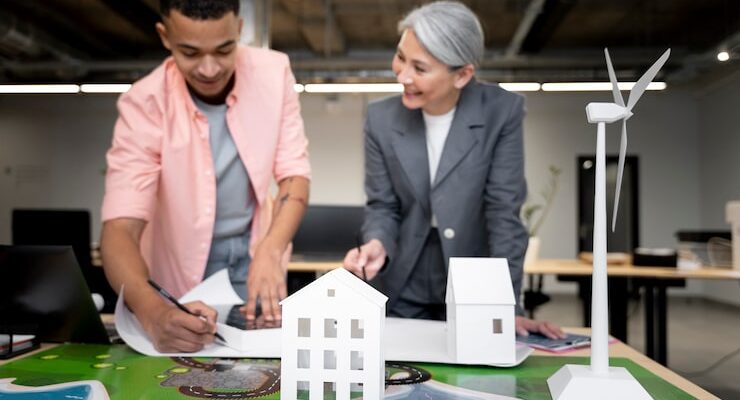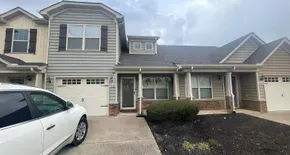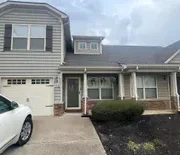As the world grapples with climate change and rising energy costs, the real estate industry is undergoing a remarkable transformation. Among the most exciting innovations leading this change are net-zero homes — homes designed to produce as much energy as they consume over a year. These homes are not just eco-friendly; they offer homeowners long-term financial savings and enhanced comfort, redefining modern living in a sustainable way.
What Is a Net-Zero Home?
A net-zero home is a highly energy-efficient house that balances its energy consumption by generating an equivalent amount of renewable energy—usually through solar panels or other green technologies. The aim is simple yet powerful: to achieve a “net zero” energy bill and minimize environmental impact while maintaining comfort and functionality.
These homes employ a combination of advanced insulation, airtight construction, energy-efficient appliances, and smart design to slash energy needs. The renewable energy generated on-site offsets the electricity and heating energy consumed during daily living.
Key Features That Make Net-Zero Homes Tick
- Superior Insulation and Airtightness: Maintaining a stable indoor temperature with minimal heating or cooling needed.
- Renewable Energy Systems: Solar panels, geothermal, or wind turbines power the home sustainably.
- Energy-Efficient Appliances: From LED lighting to high-efficiency heating pumps, every appliance minimizes waste.
- Smart Home Technology: Intelligent energy management systems optimize consumption and storage.
- Water Conservation: Low-flow fixtures and heat recovery systems reduce water and energy use.

The Financial Payoff: Savings That Last for Decades
Although the upfront cost of building or retrofitting a net-zero home can be higher than traditional homes, the long-term benefits are substantial.
- Drastically Reduced Energy Bills: By producing most or all of its own energy, a net-zero home significantly lowers monthly utility expenses.
- Increased Property Value: These homes are highly desirable in today’s market due to their efficiency and modern design, often commanding higher resale values.
- Tax Incentives and Rebates: Various governments and local authorities offer financial incentives to encourage sustainable construction.
Over time, these savings can offset the initial investment, making net-zero homes economically attractive for homeowners.
- Comfort and Health: More Than Just Energy Savings
Net-zero homes don’t just reduce costs—they improve quality of life. Enhanced insulation and airtight designs lead to consistent indoor temperatures and reduce drafts, creating a calm, comfortable environment. Moreover, advanced ventilation and air filtration systems help filter out pollutants, allergens, and moisture, fostering healthier living spaces for families.
- Environmental Impact: A Home That Gives Back
Choosing a net-zero home is a proactive step toward reducing your carbon footprint. These homes help combat climate change by cutting greenhouse gas emissions—both through reduced reliance on fossil fuels and sustainable building materials. On a larger scale, neighborhoods with more net-zero homes contribute to a healthier planet and encourage widespread adoption of green technologies.
- Humanizing Net-Zero Living
Behind every net-zero home is a family, a couple, or an individual making intentional choices to protect their future and the environment. The peace of mind that comes with knowing your home is energy independent and environmentally responsible is invaluable. It’s about leaving a legacy—creating a sustainable haven for future generations while enjoying comfort today.
Conclusion
Net-zero homes are not just a trend but a foundational shift in how we think about housing and environmental responsibility. Offering a perfect blend of innovation, comfort, financial savings, and environmental stewardship, these homes are shaping the future of real estate. As technology advances and awareness grows, net-zero living will increasingly become the standard, helping us all live smarter, healthier, and more sustainably. Investing in a net-zero home means investing in a brighter, cleaner future for yourself and the planet.











Comments